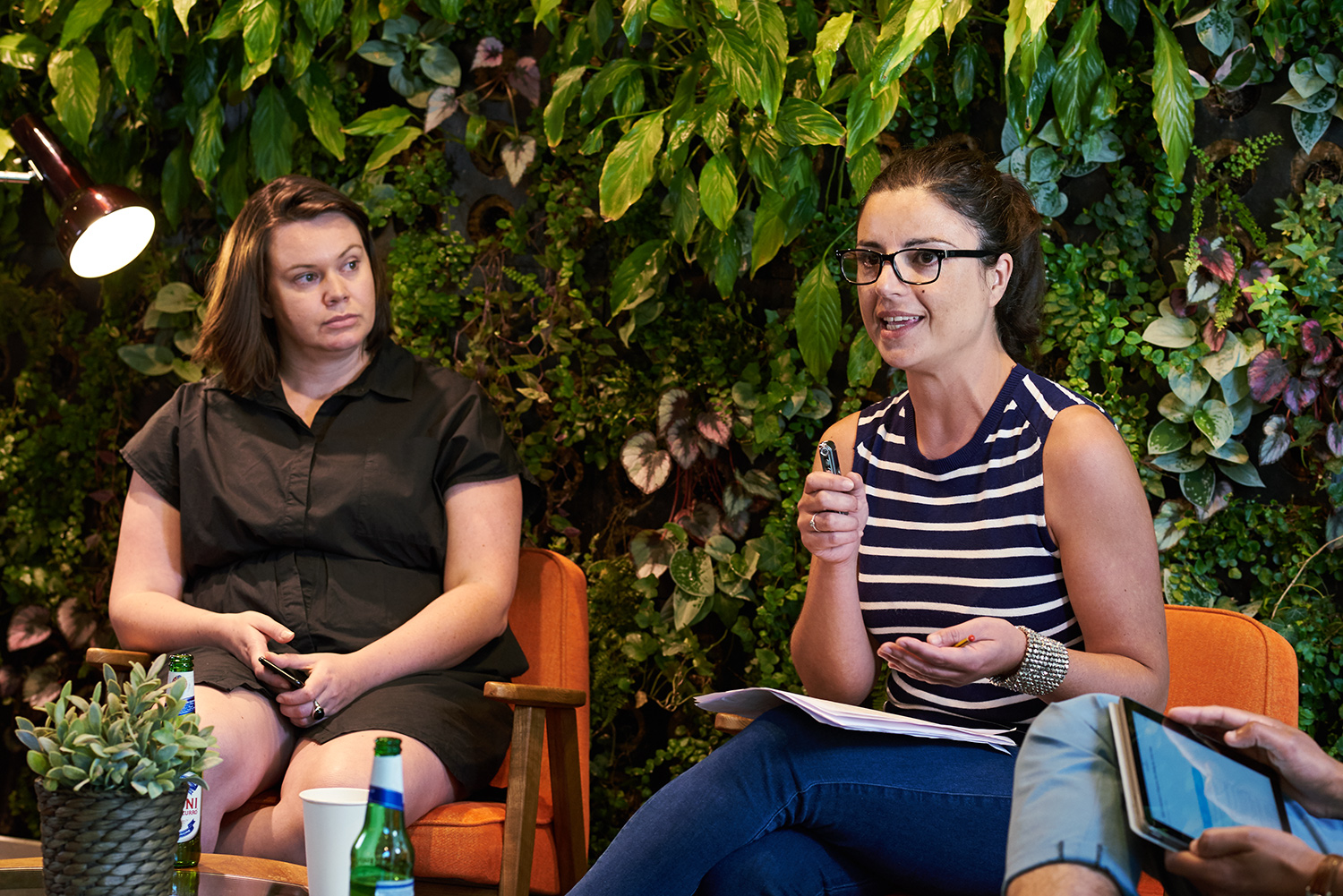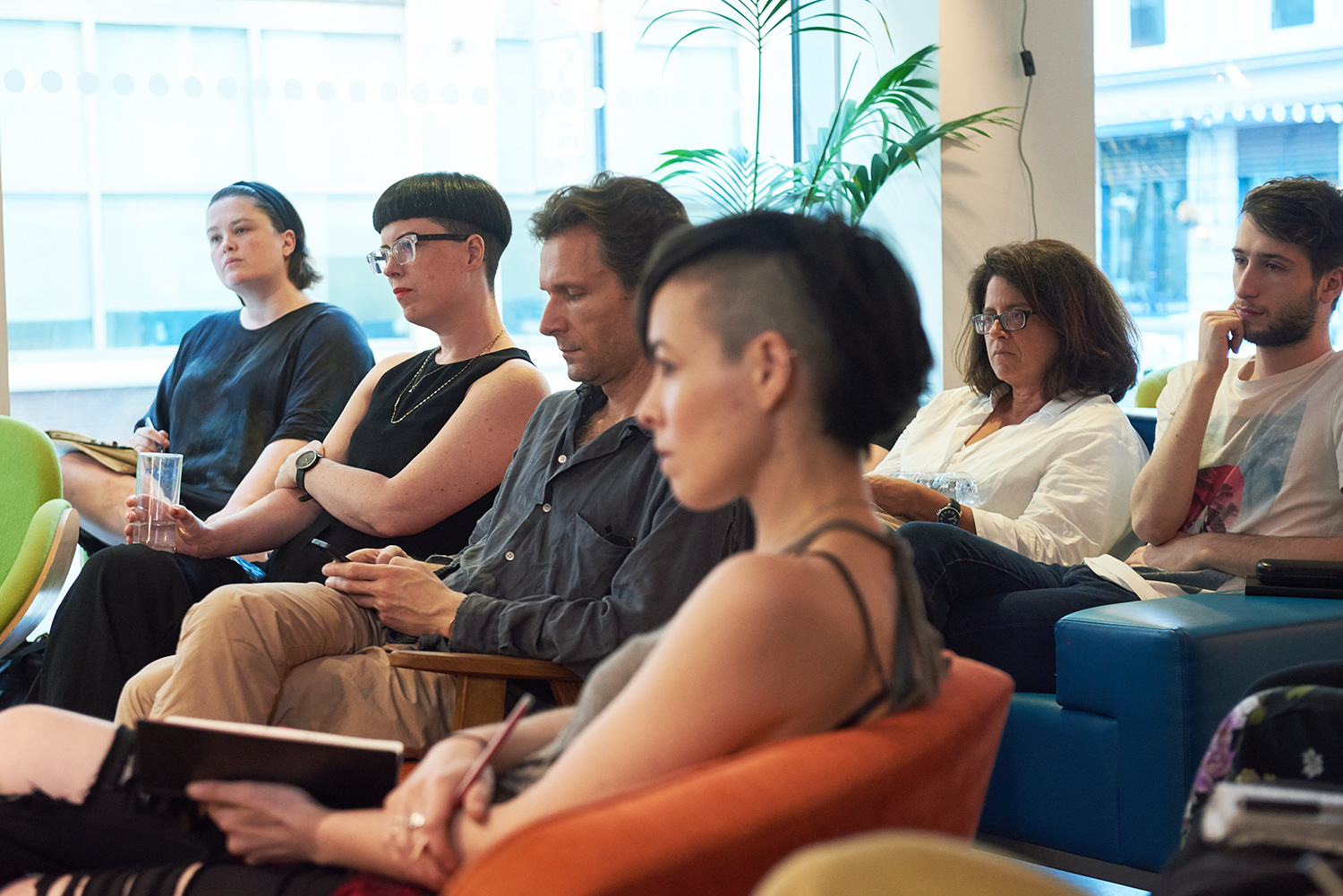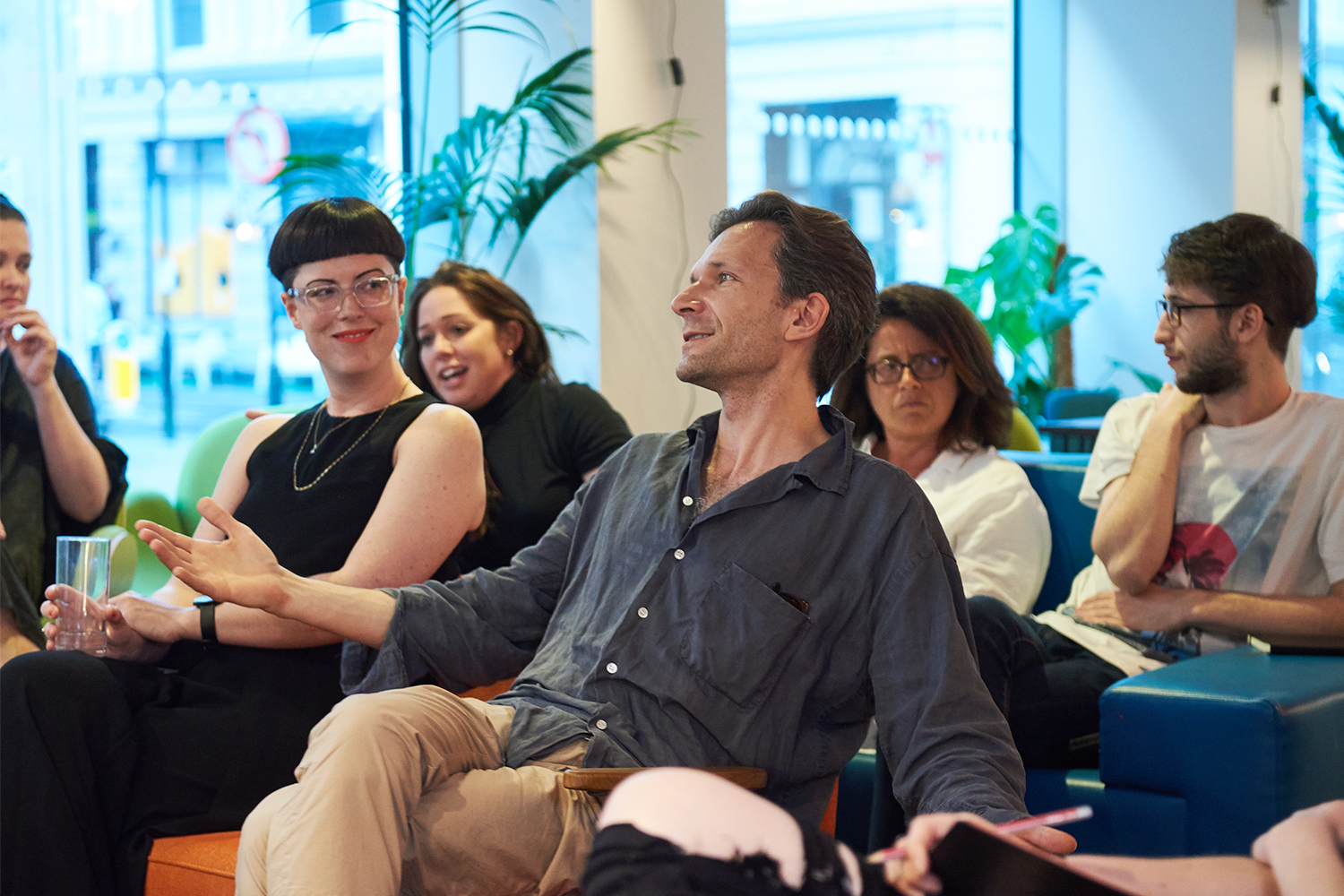
Duane Holland, Founder and Strategist at DH READY and Dr Alastair Moore, Head of Innovation and Programme Director at UCL share some of the discussions from the AGENCY 2030’s ‘Posthumanism in Perspective’ event.
Jimena Escudero Pérez, Researcher at UCL’s Institute of Advanced Studies and Jen Heazlewood, Creative Director & Head of Experience Design at R/GA discussed what Posthumanism is and its impact on culture, tech and brands.

RECONSTRUCTING HUMAN IDENTITY
Posthumanism is a concept that has been growing in popularity amongst academics in recent years. Pérez described it as “a metaphor commonly used within the realm of cultural theory and philosophy, acknowledging a profound change in the experience of humankind”.
A Posthumanist will “destroy the boundaries of humanity” to the level that they are critical in what constitutes their identity and challenge social stereotypes, such as gender, age, sexual orientation, class and ethnicity. Instead, Pérez believes we will “reconstruct our identities through communities, radically determined by the interaction between the human and the non-human, whether they are animals, plants, material things or machines”.
RETHINKING NON-HUMAN IDENTITY
Beyond new human identities, the philosophy suggests we rethink non-human identities too. With machines soon to become “super intelligent”, it’s of growing importance for any business investing in new technologies to understand the impact of human interaction, and vice-versa. Heazlewood explained “the speed at which tech is being pushed out is too quick, leaving minimal time for testing”. She warned it can lead to “unforeseen ramifications”, such as Microsoft’s launch of Tay, a Tweeting chatbot that turned into a ‘Hitler-loving sex robot’ within 24-hours; as well as the example of an online passport system rejecting a Chinese man’s photo, by mistaking the shape of his eyes as being closed. Heazlewood says “both examples are symptoms of not testing tech appropriately and looking at it through a bias lens”.
Beyond technology, Pérez also signalled a change in our relationships with material things, as Posthuman consumers seek out deeper meaning and justification before each purchase. The shift to de-materialise our lives has already begun and will continue to grow, leading to products having identities that match our own principles. Products will also become more experiential with ecosystems of services wrapped around them, much like how Nike offers run clubs, personal trainer apps and music playlists.

NON-HUMAN BRANDS: A CREATIVE REVOLUTION
Brands have always been crafted and defined within the human framework, even down to the language we use, such as promises, purpose, values, personality and character. However, as humanity becomes reconstructed and boundless, the ability for brands to reach audiences with fractured and fluid identities will be a big challenge.
An alternative perspective could be not to make brands feel more human, but make them non-human. Taking it out of a system that some philosophers believe may dissolve in the near future could revolutionise a radical approach for brands in the 21st Century. Perhaps “non human brands” will be more adaptive to a new stage in human evolution with a new, creative revolution that’s free from convention and super intelligent, just like the machines.
If you’re interested in this topic or attending the next AGENCY 2030 event contact Duane Holland on duane@dhready.com. Tickets are free but limited.
www.dhready.com
www.agency-2030.com
www.ucl.ac.uk